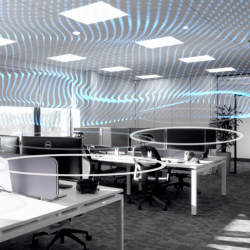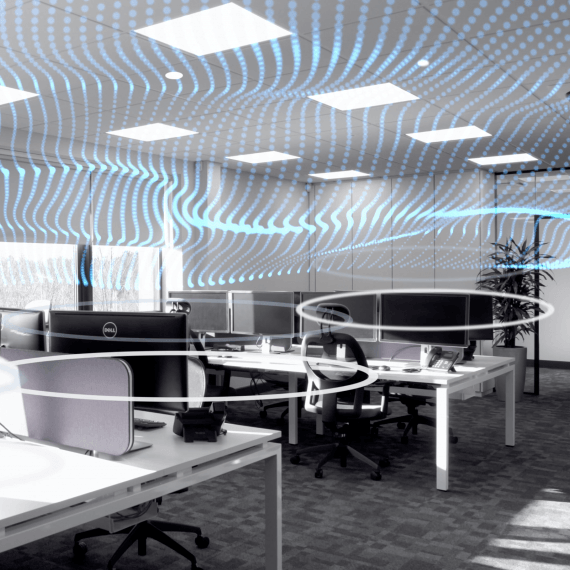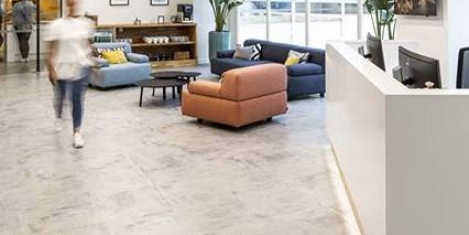March 13, 2019
Noisy workplaces regularly distract and stress out staff
 Over half (52 percent) of workers are interrupted by noise distractions more than five times in a working day, with 17 percent stating that they are interrupted by noise more than 10 times. This is according to the Noise and Wellbeing at Work 2019 survey conducted by The Remark Group, and supported by environmental psychologist and workplace strategist Dr Nigel Oseland, an honorary senior lecturer at UCL’s Institute for Environmental Design and Engineering. In the survey of 1,000 UK-based office workers, 65 percent reported that noise in the workplace impacted on their ability to complete work in an accurate and timely manner. More →
Over half (52 percent) of workers are interrupted by noise distractions more than five times in a working day, with 17 percent stating that they are interrupted by noise more than 10 times. This is according to the Noise and Wellbeing at Work 2019 survey conducted by The Remark Group, and supported by environmental psychologist and workplace strategist Dr Nigel Oseland, an honorary senior lecturer at UCL’s Institute for Environmental Design and Engineering. In the survey of 1,000 UK-based office workers, 65 percent reported that noise in the workplace impacted on their ability to complete work in an accurate and timely manner. More →








 The recruitment and retention of manual and elementary service workers has become a significant challenge for UK employers, claims a new study. The research by Quinyx in collaboration with Development Economics and Censuswide, found that factors such as low pay and a lack of flexibility are key issue, resulting in nearly half (49 percent) of UK employers finding it difficult to recruit these workers, and the same percentage reporting challenges around retention. Issues with recruitment and retention were discovered to be most acute in industries such as hospitality, catering & leisure and retail. In addition, larger businesses (those with a workforce of 250 to 500) are more likely to face challenges compared to smaller-sized businesses. Regionally, businesses in London and the East of England are most likely to struggle to recruit workers into manual or elementary service roles. The findings come at a time when UK employers are expressing growing concern around access to manual and elementary service workers post-Brexit.
The recruitment and retention of manual and elementary service workers has become a significant challenge for UK employers, claims a new study. The research by Quinyx in collaboration with Development Economics and Censuswide, found that factors such as low pay and a lack of flexibility are key issue, resulting in nearly half (49 percent) of UK employers finding it difficult to recruit these workers, and the same percentage reporting challenges around retention. Issues with recruitment and retention were discovered to be most acute in industries such as hospitality, catering & leisure and retail. In addition, larger businesses (those with a workforce of 250 to 500) are more likely to face challenges compared to smaller-sized businesses. Regionally, businesses in London and the East of England are most likely to struggle to recruit workers into manual or elementary service roles. The findings come at a time when UK employers are expressing growing concern around access to manual and elementary service workers post-Brexit.























March 5, 2019
Designing a better workforce: how workplace design can impact wellbeing
by Mary Lawrence • Comment, Wellbeing, Workplace design
More →